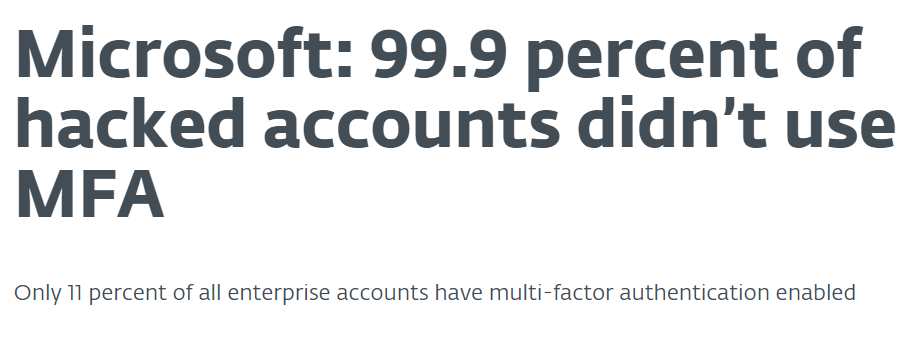Small and medium-sized businesses are prime target for hackers and scammers. If you own a business, you might not know how to protect your livelihood from attackers. This guide will teach you how to protect your business from hackers and prevent losing your income or online accounts.
Why You Need to Protect Your Business From Hackers
Cybercrime is one of the biggest dangers facing small businesses today. Hackers target businesses as they are guaranteed money sources, but larger companies often have comprehensive security systems.
Smaller business owners don’t always consider cybersecurity when founding their businesses. This lack of security makes them low-risk, high-return targets for hackers. According to some estimates published by Keeper Security, nearly half of small business owners have no idea how to protect themselves against online attacks.
The big problem with this lack of technical understanding is that it causes many businesses to fail. Over half of the small business hackers have targeted go out of business within six months of the breach.
If you’d like to learn more about the dangers cyber-attacks can pose to small businesses, read our article here.
How to Protect Your Business From Hackers
There are several important steps that a small business can take to avoid hackers targeting it.
Don’t Rely on Big Multinational Services.

Big companies are big targets, as we’ve seen with the recent SolarWinds and FireEye attacks. You may be complacent about attackers if you rely on a service that supplies security to many companies worldwide.
When many powerful companies use the same security service, sophisticated hackers target that service. Small businesses become swept up in the crosshairs. The simplest answer is to find security solutions from reputable smaller companies. These smaller companies are better than relying on the same system used by everyone else.
Devote Adequate Time and Money
An important factor ignored by many business owners is how much time and money is being spent on cybersecurity. Ensure you have allocated resources to make your network, hardware, and online accounts secure.
Make Your Whole Team Aware
Your security is only as good as the weakest part of that security. In most cases, employees are the weakest link in business security.
CEOs or HR managers should ensure that all their staff follows decent security procedures, both in and out of the workplace. Any laptop, phone, or other devices an employee uses for work is a potential weak point a hacker may exploit.
Tell your employees to read our guide on security mistakes hackers look out for. Ensure they actively avoid these sorts of mistakes.
We recommend that your business schedules a security month every year where you talk about different security aspects of your business. Education is one of the most important things in boosting your company’s security culture.
Important Elements of Protecting Your Small Business
You can use several important tools to ensure that your small business stays safe from hackers. You should ensure that you’re using these tools at all times.
2-Factor Authentication

2FA, or 2-factor authentication, is a system that requires users to confirm their identity before logging in. It’s the most simple and powerful tool against hackers and scammers.
You need to ensure that every account related to your business uses 2FA. While you can’t force workers to enable 2FA on their personal accounts, you should encourage this behavior. This will make employees more likely to adhere to good security practices and prevent their devices from becoming infected, potentially compromising their security.
System Protection Software
Antivirus software is a great way to handle malware and computer viruses. We recommend that you have some antivirus software on your Windows computer. If you are using MacBooks, simply ensuring that your software is up to date can be sufficient. You may consider purchasing a corporate antivirus package from a top-rated antivirus company such as Total AV, McAfee, Norton, BitDefender, or Avast to prevent viruses & malware from breaching your system.
Antivirus software should be installed on machines to access work resources from home. You should have antivirus scans automatically scheduled to take place each week.
Regular Security Checks
Performing regular checks of your systems is essential for good cybersecurity. Even with decent antivirus software, manual scans are best to ensure safety.
Check who has accessed your systems and from where, and identify every single access point to ensure it has been correctly authorized. Any suspicious activity on your system should be thoroughly checked. Ignoring these warning signs could be fatal for your business.
As part of your regular checks, ensure all your software is up-to-date. As well as your antivirus software, the software you use day-to-day can have security flaws. Software companies often distribute updates to plug these flaws and improve user security. Having out-of-date software is a key weakness that could lead to a system breach.
Featured image by G-Stock Studio from Shutterstock.com